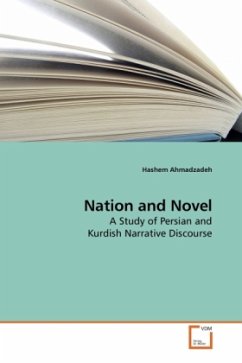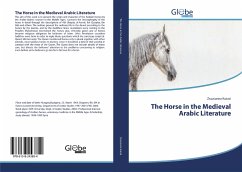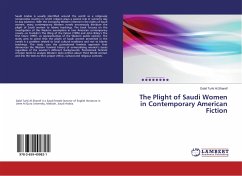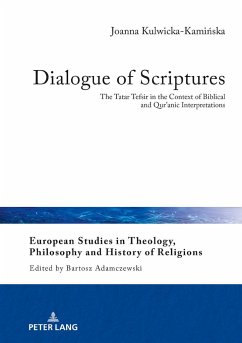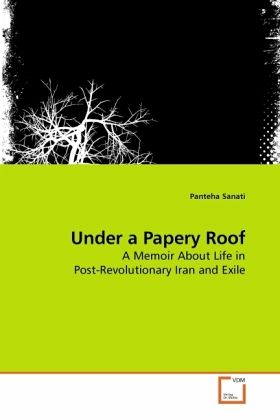
Under a Papery Roof
A Memoir About Life in Post-Revolutionary Iran and Exile
Versandkostenfrei!
Versandfertig in 6-10 Tagen
39,99 €
inkl. MwSt.

PAYBACK Punkte
20 °P sammeln!
The Iranian revolution of 1979 propelled Iran back in time both in terms of economic growth and civil liberties. The new theocracy condemned, pursued, and destroyed individuals who had any ties to the previous government, or practiced any religion other than Islam. Almost overnight, Iran morphed both physically and ideologically as the traces of secularism faded beneath the harsh Islamic edicts. Thousands of Iranians fled the country in fear of political and religious persecution, many under the most deplorable conditions. For the Iranian émigrés, exile was something temporary at first, an i...
The Iranian revolution of 1979 propelled Iran back in time both in terms of economic growth and civil liberties. The new theocracy condemned, pursued, and destroyed individuals who had any ties to the previous government, or practiced any religion other than Islam. Almost overnight, Iran morphed both physically and ideologically as the traces of secularism faded beneath the harsh Islamic edicts. Thousands of Iranians fled the country in fear of political and religious persecution, many under the most deplorable conditions. For the Iranian émigrés, exile was something temporary at first, an interim existence that kept them living with the bare minimum, yet, hopeful that one day, they would return to Iran. As time passed, the hope to regain Iran became a habit for ex-patriots, then a promise to future generations, and later a distant dream for all.




